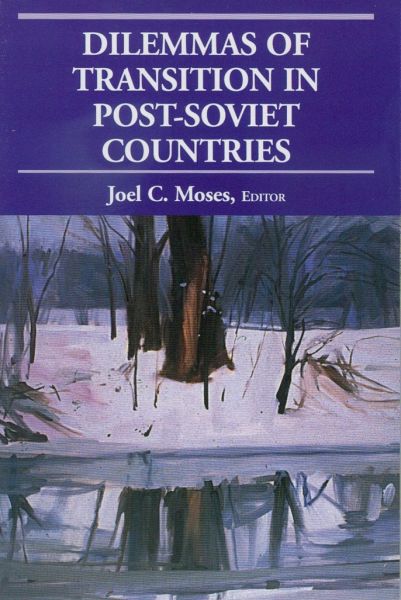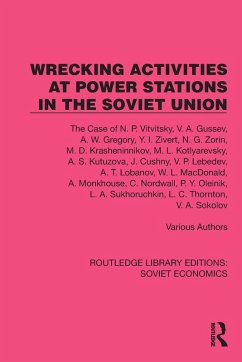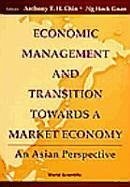Nicht lieferbar

Dilemmas of Transition in Post-Soviet Countries
Versandkostenfrei!
Nicht lieferbar
Exploring the tensions inherent in transition, this perceptive book offers a wide-ranging overview of the impact of democracy and capitalism on the former Soviet republics. Leading scholars assess the region's daunting problems in the key realms of privatization, democratization, foreign investment, agrarian reform, local governance, and market economics. The contributors argue that the central dilemma facing all these fledgling countries is the inherent contradiction between the immediate pursuit of privatization and foreign investment and the long-term policy goal of democratization. Offerin...
Exploring the tensions inherent in transition, this perceptive book offers a wide-ranging overview of the impact of democracy and capitalism on the former Soviet republics. Leading scholars assess the region's daunting problems in the key realms of privatization, democratization, foreign investment, agrarian reform, local governance, and market economics. The contributors argue that the central dilemma facing all these fledgling countries is the inherent contradiction between the immediate pursuit of privatization and foreign investment and the long-term policy goal of democratization. Offering both theoretical and comparative perspectives on the far-reaching implications of nation-building and democratic transition, this valuable study will enable both students and scholars to comprehend the unique difficulties of transition.











